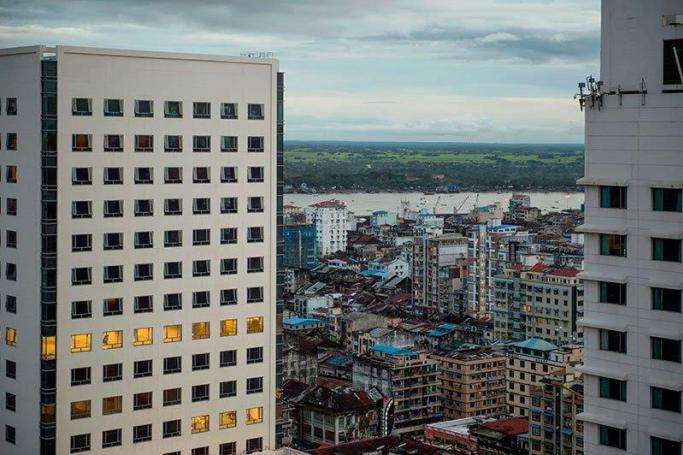Today the Ministry of Social Welfare, Relief and Resettlement, with the support of UNICEF, launched a set of guidelines and minimum standards, alongside monitoring and oversight plans, aimed at bettering the lives of children in residential care, according to statement.
The ‘Guidelines on Registration and Support for Voluntary Organisations and the Minimum Standards of Care and Protection for Children (MSC) in Residential Facilities’ were launched at an event that brought together around 200 participants from Government, Embassies, UN agencies, civil society and the media.
In addition to detailing the steps that residential facilities will need to take to register and be eligible for Government support, the guidelines establish the services that these institutions will have to provide to children such as accommodation, health care, hygiene, nutrition and education, including vocational training. Minimum standards of quality for all these essential services are also stipulated in the guidelines.
Under the new scheme, minimum training requirements for caregivers are established as well as a code of conduct they must adhere to. Caregivers are expected to develop specific plans tailored to meet the protection and learning needs of individual children; and all residential facilities will be expected to have functioning systems to trace children’s families and, on a case by case basis, study the options for possible re-integration.
Opened by Dr Daw San San Aye, Director General of Department of Social Welfare, Ministry of Social Welfare, Relief and Resettlement (MSWRR) and Mr Paul Edwards, Acting Representative of UNICEF Myanmar, the event gave an overview of residential and family-based care practices in Myanmar as well as other countries in the region. Participants discussed the plans to rollout and implement the new guidelines and highlighted the positive impact that these new guidelines will have on the lives of the many children across Myanmar that still rely on residential care.
“The MSWRR is working in close partnerships with the Ministry of Religious Affairs and Culture, Ministry of Border Affairs as well as UNICEF and civil society to prevent unnecessary family separation, to ensure that all boys and girls can live and grow up in a healthy family environment, and that adequate care and protection is provided to all who are living in alternative care arrangements,” said Dr Daw San San Aye.
As of 2016 over 20,000 children live in registered residential facilities, up from 12,000 in 2006. This number does not include children living in unregistered institutions, monastic care facilities as well as other faith based residential facilities. So far, only 244 residential care facilities are registered with the Department of Social Welfare and there is limited information available on the conditions, situation, or standards being applied in institutional care across Myanmar. By adopting this set of Guidelines and Minimum Standards of Care, the government aims to ensure that all residential facilities are registered with the Ministry of Social Welfare, Relief and Resettlement. The guidelines and standards will help to harmonize the quality of care and equity in provision for all boys and girls living in all forms of residential care across the country and in all contexts.
During the launch event participants also stressed the importance of prioritizing family-based care over residential care. “Residential care plays an important role, and improving the conditions for children living in residential facilities is a key immediate step to protect children deprived of parental care,” said Mr. Paul Edwards, the Acting Representative of UNICEF in Myanmar. “However, when a child is separated from their family, family-based alternative care should always be explored first as we know that is where children have the best chance of reaching their full potential.”
Within the cooperation framework between UNICEF and the Government of Myanmar, UNICEF has been supporting the MSWRR to strengthen Myanmar’s child-care system. This includes preventing family separation and promoting family-based alternative care.
The development of the Guidelines and Minimum Standards is the result of the long-term efforts led by the Department of Social Welfare/Ministry of Social Welfare (DSW), Relief and Resettlement in coordination with Ministry of Border Affairs and Ministry of Religious Affairs and Culture and other concerned departments and ministries.
“Ensuring that all institutions caring for children are fully familiar with this new set of minimum standards and that they have the necessary tools to implement them is now essential, and so is the set-up of a robust system to monitor their implementation” Mr. Edwards concluded. “With these in place we can be more confident that children living in residential facilities are fully cared for and protected.”
Government and UNICEF take critical step to improve the lives of children living in residential facilities
26 September 2017
Government and UNICEF take critical step to improve the lives of children living in residential facilities












